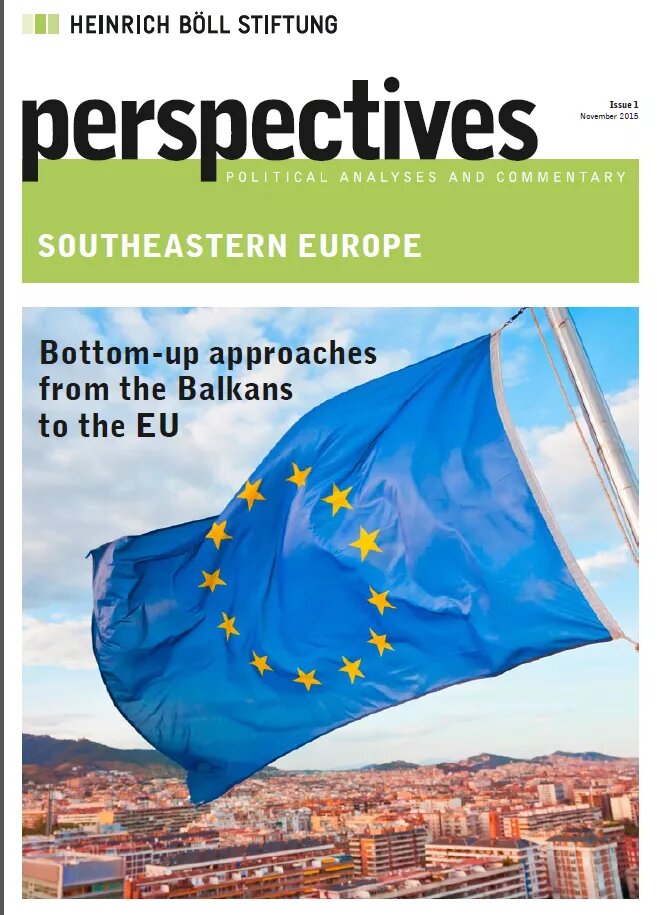
While one of them – Slovenia – was at least partially prepared to take advantage of a broader market, freedom of trade and movement, and the available forms of support for economic development, for some others the process of accession to the EU, indeed the conditionality, which was part and parcel thereof, has been an important driving force for changes in their legal and institutional systems. Furthermore, there are countries like Bosnia and Herzegovina and Macedonia, for which the relationship with the EU goes beyond legal adjustments and upgrading the institutional capacity, reaching all the way to the very constitution of the polity. In all these cases, accession to the EU (whether accomplished or not) could be seen, among other things, as a completion of the larger process called 'post-communist transition'. This term has been criticised for assuming that the developments set in motion by the collapse of the non-democratic regime had a predetermined goal or destination in the form of a liberal democratic state and capitalist economy. The critique both is and is not justified: On the one hand, it is true that liberal democracy as a goal was on almost everybody's mind (capitalism
was referred to less explicitly, mostly as a prosperous economy of free market and free entrepreneurship, disregarding the
facts of inequality and capitalist exploitation) and was not imposed from outside. On the other, it is obvious that the development
of democracy has not been driven by autonomous forces emerging from the societies in question; it has not been a product of the
autonomous growth of the social forces of civic societies, because such a thing as an autonomous civic society did not exist at
the time of the implosion of the old regime. Democracy and free market economy were endorsed as ideologically desirable models,
rather than developed as institutional solutions generated by major social forces. Hence, the formally democratic constitutions
adopted by the states established on the ruins of Yugoslavia were able to accommodate considerably authoritarian politics and structures. Thus, the process of democratisation took far more than simply adopting democratic constitutions; the true development of democracy has to include numerous policies to affirm various rights and the rule of law as limits to political power; measures which curb political control over the society; and a broad variety of provisions to reduce discrimination of specific categories of citizens. To be sure, these
changes are ongoing, but are still far from completed; however, they would not have gone even this far without the impact of the
EU. Combined with the benefits expected from joining the EU, the conditionality established by the "Copenhagen criteria",
broad as they may be, provided the initial incentive for changes and ensured the consent of national political elites. Confronted
with plenty of unforeseen difficulties and obstacles, the EU further developed and specified the conditions, on the one hand
adding stricter requirements, but on the other making political compromises and concessions.